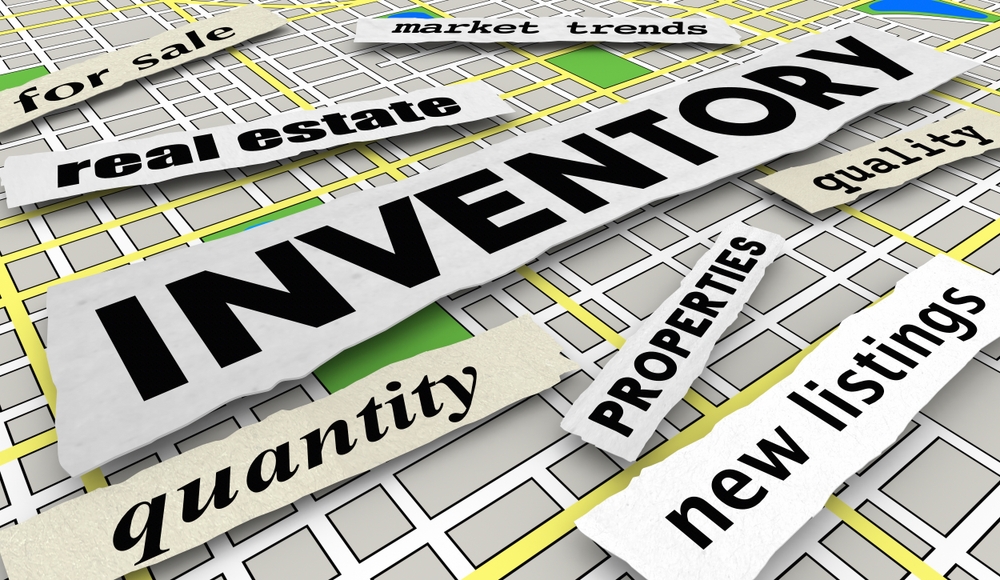As summer 2025 approaches, the real estate markets in Phoenix and Scottsdale are flashing unmistakable signs of a slowdown. Inventory levels are climbing fast, price cuts are widespread, and the once-frenzied buyer pool is thinning. But this isn’t just a local cooling—it reflects broader economic anxiety sparked partly by international trade tensions and a sharp drop in consumer confidence.
From Tariff Threats to Cautious Consumers
Earlier this spring, the new administration proposed a staggering 145% tariff on Chinese electric vehicles and components—a move that rattled global markets and raised alarm across U.S. consumer sectors. Although put on hold, this proposal has already had a significant impact on the housing market. Even at a reduced rate of 100%, the current tariff is still disruptive for key manufacturing and technology supply chains, affecting the housing market.
In the wake of this proposal, the University of Michigan’s Consumer Sentiment Index plunged to 50.8, marking one of the lowest readings since the pandemic era. Fears of inflation and global instability have prompted many potential homebuyers to take a step back and “wait it out.”
Inventory is Up—And So is the Pressure on Sellers
The result? A flood of available homes.
- In Phoenix, listings reached roughly 18,700 in April 2025—a 467% jump from pandemic-era lows.
- In Scottsdale, inventory climbed to 3,886 homes, with nearly three-quarters of sales closing below asking price.
Homes are taking longer to sell—67 days on average in Phoenix, up 18% year-over-year—and sellers are increasingly offering price reductions or concessions to keep deals alive.
This isn’t panic territory—but it is a strong signal that sellers are no longer in the driver’s seat.
Buyers Have the Leverage. Sellers Must Be Strategic.
For buyers, today’s environment presents rare leverage. With mortgage rates holding near 6.8%, pricing has adjusted downward. The median Phoenix sale price dropped from $465,000 to $445,000 in under six weeks, and the cost per square foot is slipping.
Buyers now have unlimited options, whether waiting for better terms, negotiating aggressively, or targeting homes with long days on market. This pause in urgency means buyers are better positioned to cherry-pick deals, especially in a market where inventory outpaces demand.
Sellers, on the other hand, should take note and not panic. A slower market doesn’t mean an impossible one. It means that success requires strategy, not just staging. Sellers willing to meet serious buyers at the negotiating table—on price, terms, or closing flexibility—can still win. It’s no longer about commanding top dollar; it’s about capturing opportunity while others hesitate.
What’s Next? Eyes on Confidence, Not Just Rates
While interest rates haven’t changed significantly in recent weeks, the emotional temperature of the market has. Significant financial commitments like home purchases will remain scrutinized until consumers feel confident about inflation, employment, and international stability.
That means the second half of 2025 could be a continued period of realignment for the Scottsdale and Metro Phoenix housing markets.
For now, buyers should stay engaged, not fearful, and sellers should act decisively when opportunity knocks. With inventory high and confidence low, those willing to move while others wait will have the advantage.






